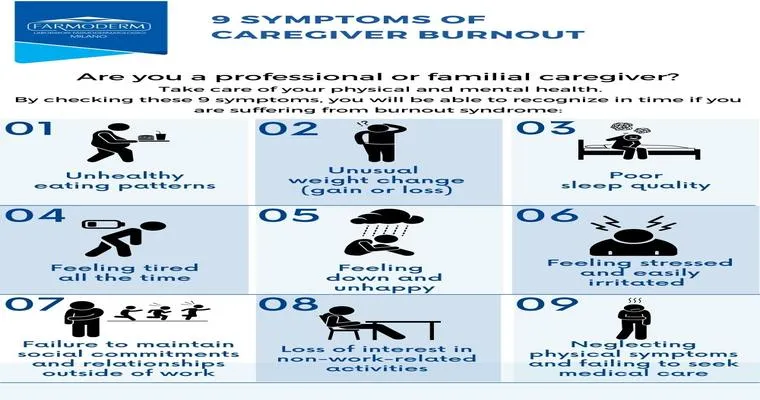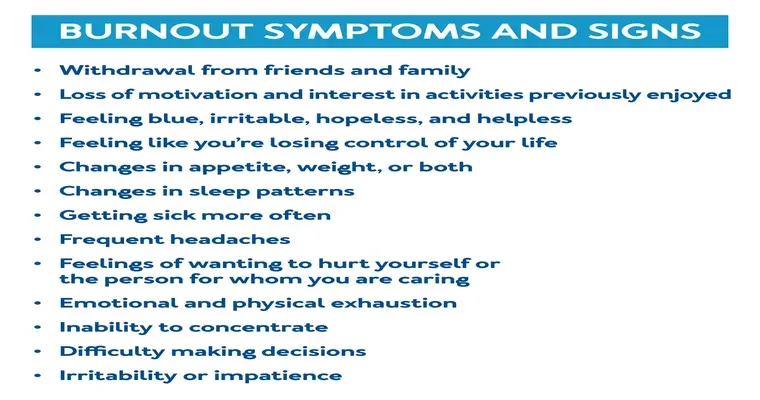Migraines are a complex and debilitating condition that affects millions of people worldwide. Understanding what causes "migraines" and how to find effective "relief" is crucial for those who suffer from this painful disorder. This article will delve into the common "triggers", the underlying mechanisms of migraine attacks, and various strategies to manage and alleviate symptoms.
What Causes Migraines?
The exact cause of migraines is not fully understood, but they are believed to be linked to genetic, environmental, and neurological factors. Some of the most common "triggers" include:
1. "Hormonal Changes": Fluctuations in hormones, particularly in women during menstrual cycles, pregnancy, or menopause, can lead to migraines.
2. "Stress": Emotional stress or anxiety can contribute to the onset of a migraine.
3. "Dietary Factors": Certain foods and drinks, such as aged cheeses, alcohol, caffeine, and artificial sweeteners, can trigger migraines in some individuals.
4. "Sleep Disturbances": Both lack of sleep and oversleeping can provoke migraine episodes.
5. "Sensory Stimuli": Bright lights, loud noises, or strong smells can act as triggers for many migraine sufferers.
How Can You Get Relief?
Finding relief from migraines often requires a combination of approaches tailored to individual needs. Here are some effective strategies to consider:
1. "Medications": Over-the-counter pain relievers such as ibuprofen or acetaminophen can be helpful for mild migraines. For more severe cases, prescription medications including triptans may be recommended by healthcare professionals.
2. "Lifestyle Changes": Regular exercise, a balanced diet, and maintaining a consistent sleep schedule can significantly reduce the frequency of migraines. Keeping a "migraine diary" can also help identify personal triggers.
3. "Stress Management": Techniques such as yoga, meditation, and deep breathing exercises can help manage stress levels, potentially reducing the occurrence of migraines.
4. "Alternative Therapies": Some individuals find relief through acupuncture, chiropractic care, or herbal supplements. Always consult a healthcare provider before starting any alternative treatments.
5. "Hydration": Dehydration is a common trigger for migraines, so drinking plenty of water throughout the day can help prevent attacks.
6. "Avoiding Triggers": Once you identify your personal migraine triggers, taking steps to avoid them can be an effective way to reduce the frequency of attacks.
Conclusion
Understanding the causes of migraines and how to get relief is essential for those affected by this condition. By identifying triggers and implementing effective management strategies, individuals can take control of their symptoms and improve their quality of life. If you find that your migraines are frequent or particularly debilitating, consult a healthcare provider for personalized advice and treatment options. Remember, you are not alone in this journey, and effective relief is possible.





